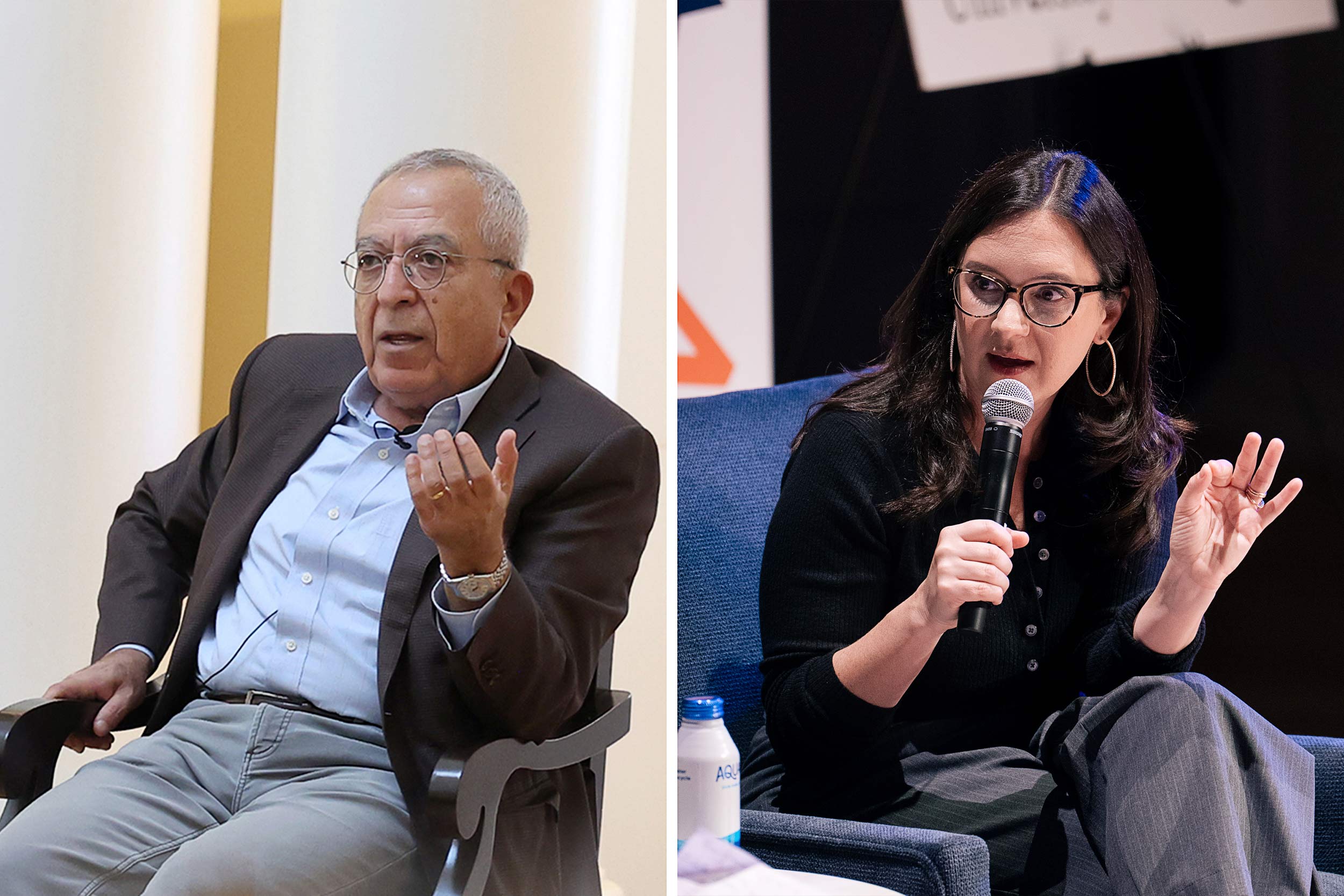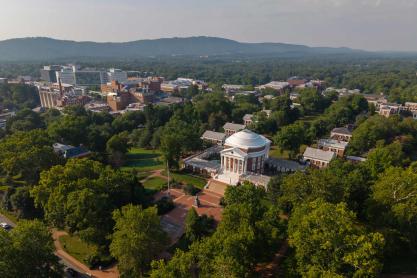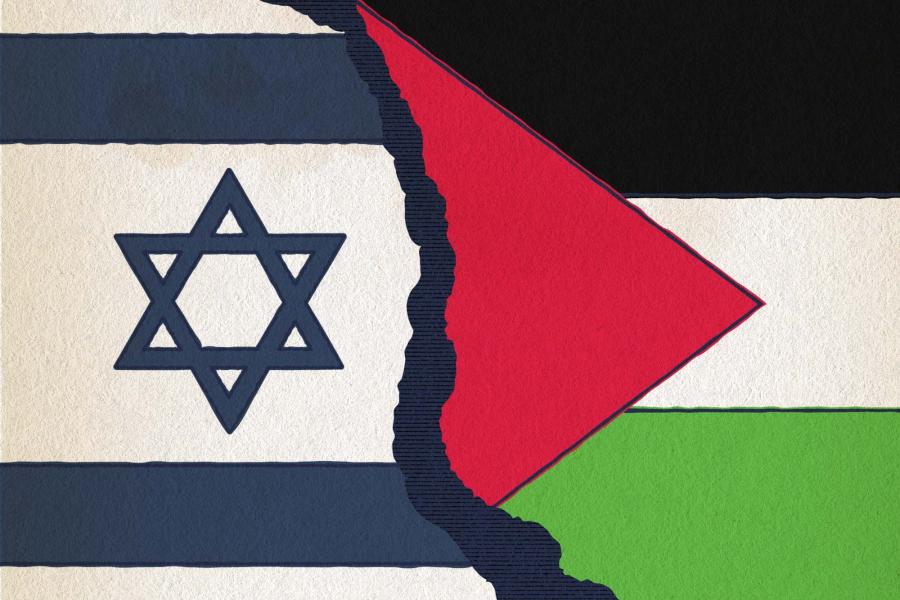Salam Fayyad, a former prime minister and finance minister for the Palestinian Authority, said planning for a future Palestinian state should start even before the conflict with Israel is resolved.
Fayyad is the Daniella Lipper Coules Distinguished Visitor in Foreign Affairs at Princeton University. He told Jefferson Literary and Debating Society members at a meeting in the Rotunda last week that work needs to begin before a ceasefire in Gaza.
“There are possibilities, just as there are always challenges, if what you’re looking for is to carve out a state in some form of transition during violence and maybe set the stage for providing basic elements necessary for some transformation to begin to happen,” Fayyad said.
Fayyad said Palestinians themselves, with help from the international community, should be leading the transformation.
“If you present to the current Israeli government a piece of paper and say, ‘Sign up to something that says this is irreversible and permanent,’ they are not going to do that,” Fayyad said. “It probably would be better for us to settle for a United Nations Security Council resolution that enshrines our statehood,” he said.
Fayyad spoke at UVA a day after journalist Bari Weiss, founder of the Free Press, addressed a crowd in Old Cabell Hall as part of an event marking 60 years since the free-speech movement began at the University of California, Berkeley, in 1964 and spread across the nation. The event was sponsored by Think Again, the Heterodox Academy at the University of Virginia and the UVA Office of Engagement.
While Weiss, who is Jewish, did not address the current conflict in the Middle East, she did speak about the nationwide student protests that resulted from it, and how those differed from the free-speech protests of the 1960s.
Back then, she said, protesting students waved American flags with a message for the nation to do better, to embrace civil rights, equality for all and to uphold the country’s founding ideals. But from her perspective, she says she has observed many college students across the country now “waving the flags of terrorist organizations and cheering on the behaviors – I guess you could call it the terrorism – of America’s enemies. It is just so strange how that has morphed.”







.jpg)


